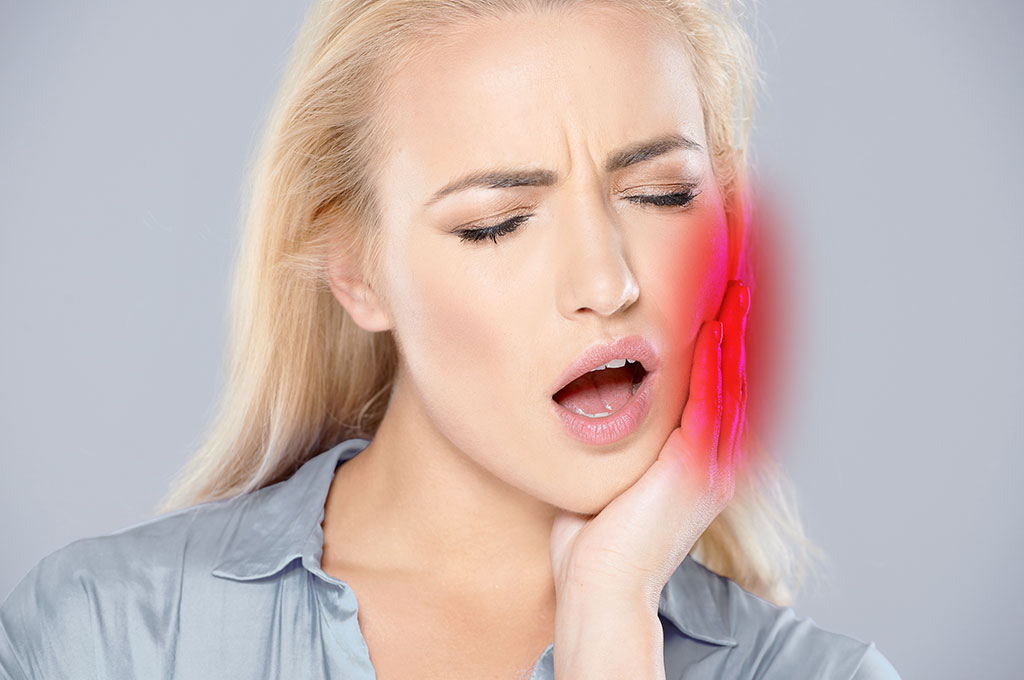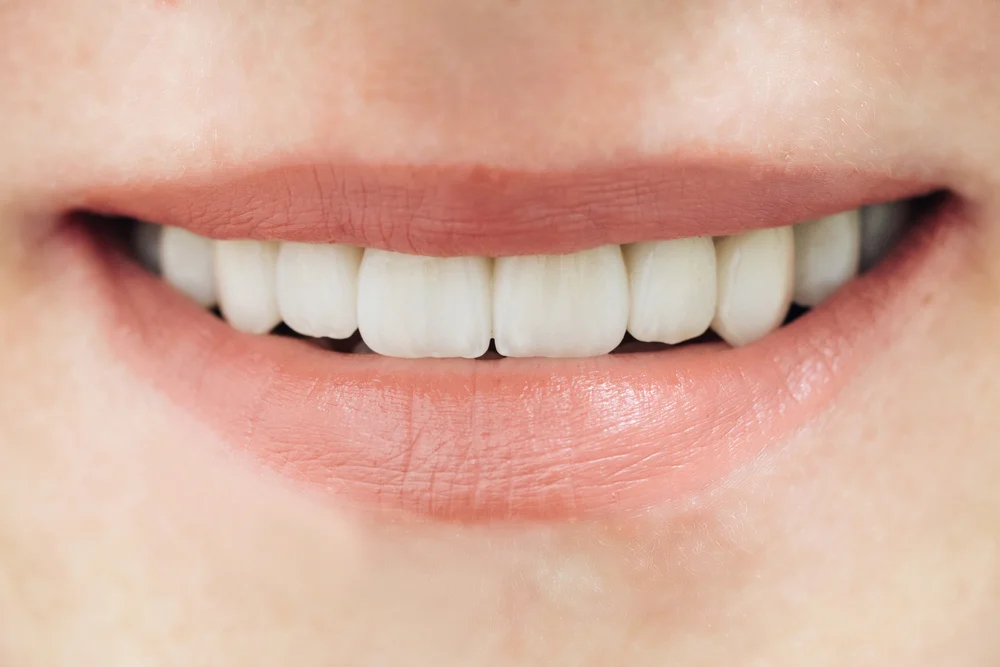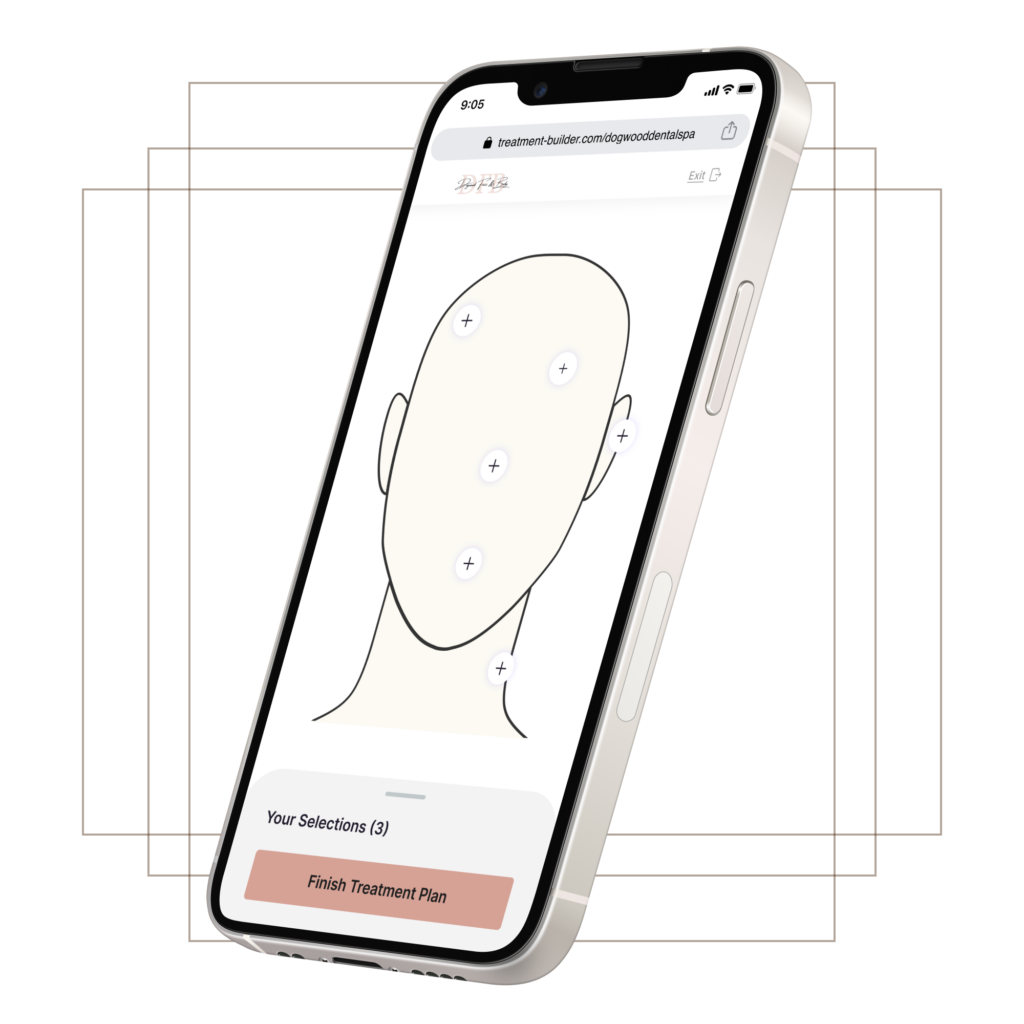
You’ve likely heard of Botox® being used for cosmetic reasons, particularly to make a person look more youthful.
But did you know that Botox® can also be used to help treat certain health issues?
While Botox® is best known for its wrinkle-relaxing properties, it is also commonly prescribed for patients with TMJ disorders. If a skilled provider injected Botox® into specific facial muscles, it could significantly alleviate your TMJ symptoms.
Continue reading to find out more.
Is Botox® Effective For TMJ Disorders?
The temporomandibular joint serves as a hinge for your mouth, allowing you to eat and speak freely. However, if you have TMJ, you’ll encounter the following symptoms:
- Cheek and jaw pain
- Clenching or grinding of the teeth
- Neck and shoulder discomfort
- Headaches caused by tension
- Damage to teeth, which may require dental restorations
Causes of TMJ
 How TMJ develops is still being studied and it has many possible causes in a wide range of people, such as:
How TMJ develops is still being studied and it has many possible causes in a wide range of people, such as:
- Dental surgery side effects
- Hereditary causes
- Hormonal causes
- Environmental causes
- The consequences of an accident
- Arthritis
It has also been observed that women are more prone to TMJ. It’s not entirely clear why, but some doctors believe that estrogen can be a factor.
Botox’s® Effects on TMJ
Botox® is a wrinkle relaxer that also has certain medical applications. Short for botulinum toxin type A, this neuromodulator restricts nerve signals from the brain, temporarily paralyzing or relaxing the muscles in the treated area/s.
Essentially, Botox ® treats TMJ in the same way it treats fine lines and wrinkles. It is injected into the facial muscles, relieving tightness and tension on the TMJ. Botox® also helps ease pressure along the jaw and muscle aches in the neck, along with chronic headaches and teeth clenching. In extreme situations, it can even help alleviate lockjaw and provide more flexibility for the jaw by relaxing specific muscles that cause chronic TMJ symptoms.
The number of Botox® units necessary to treat TMJ symptoms may vary from patient to patient, depending on the severity of the symptoms. Typically, Botox® can be injected into either side of your face, particularly in areas like:
- Muscles in the jaw
- Temples
- Forehead
You may begin to feel an improvement after a day or two, with full results being more evident in 7-10 days.
How Long Does Botox® for TMJ Last?
The majority of Botulinum toxin A injections for TMJ last approximately 3 to 4 months. The longevity of the results can also depend on how fast the patient metabolizes the Botox®, so regular touch-ups might be necessary.
Botox® injections are a tried and tested remedy for TMJ disorders, but be sure to discuss all of your options with your healthcare provider. You may need to combine it with other treatments to get the best results, and it’s always best to get Botox ® from an experienced and certified injector.
Get fast, lasting relief from TMJ. With our expertise and experience in both dentistry and aesthetics, we here at Dogwood Dental Spa have helped countless patients relieve TMJ symptoms with Botox®. Call us now to Contact Us.


